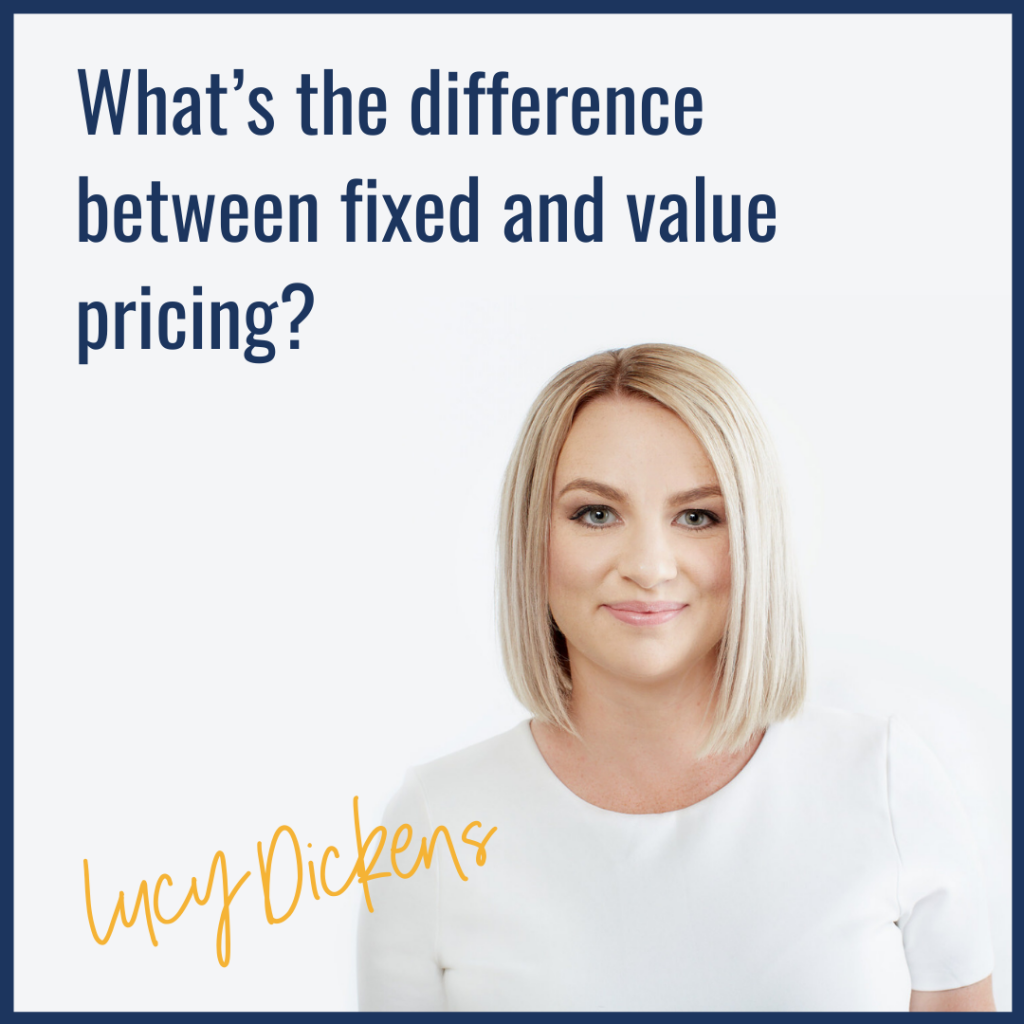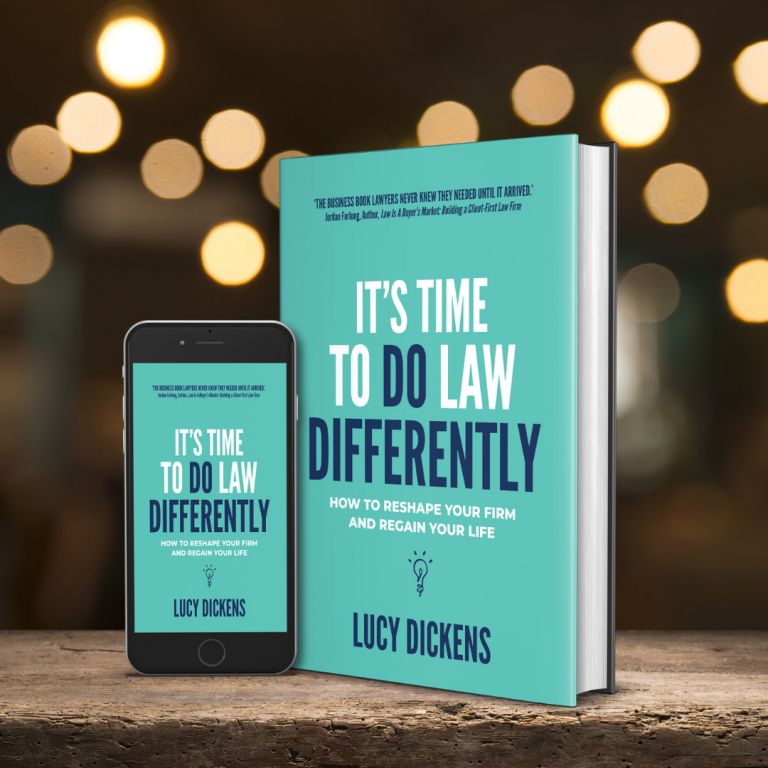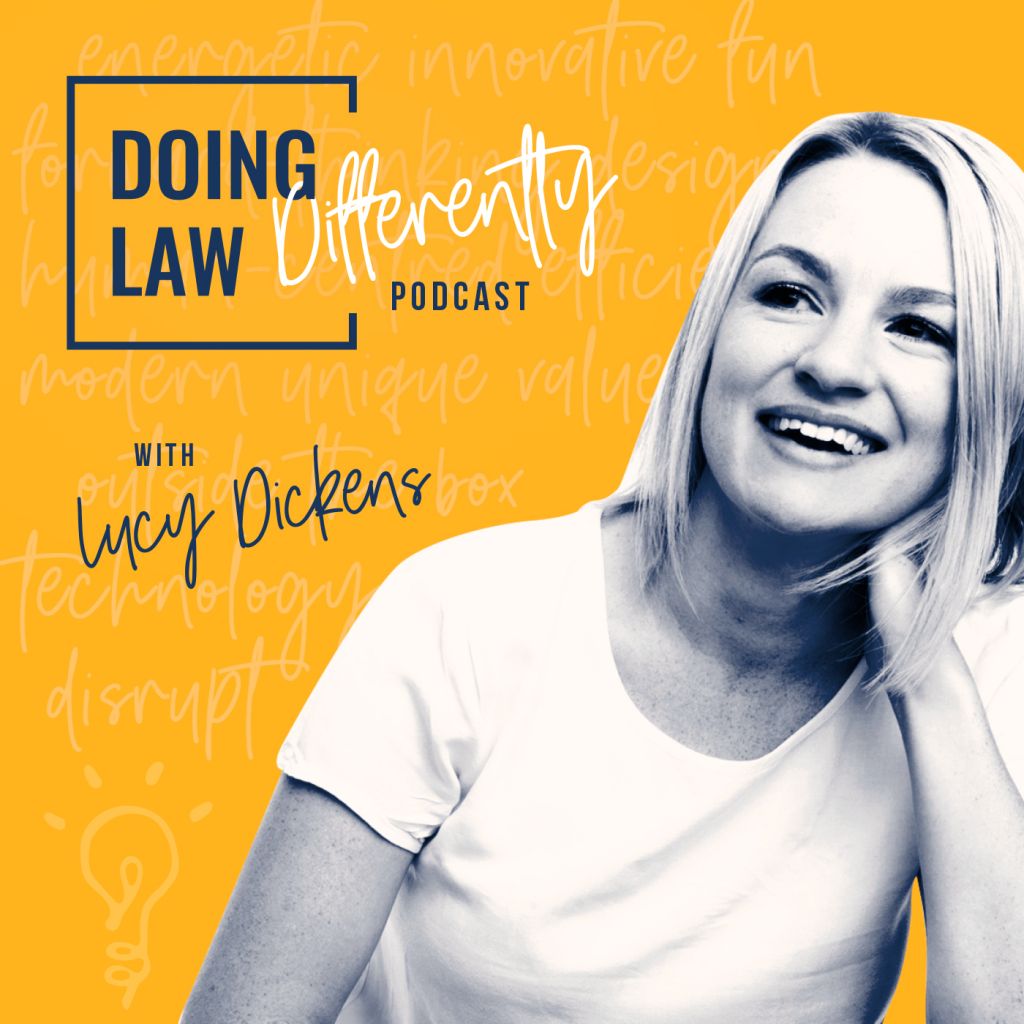Are you scratching your head about fixed pricing? You’re not alone.
While many firms are making the shift away from the billable hour, just as many are feeling “stuck”. They’re unsure if this is the right move for them, and even more unsure how to implement the change.
Let’s go back to basics.
What’s the difference between fixed and value pricing?
Despite common misconceptions, fixed pricing and value-based pricing are not one and the same. And just to confuse you even further, there’s lots of different definitions floating about.
Here’s my take: Fixed pricing is about pricing the service; value pricing is about pricing the client.
At its most basic, fixed pricing is where you put a price tag on a service. Rather than giving an estimate of the time it will take to complete along with your hourly rate, you determine a price in advance.
Value pricing is all about understanding the worth of a service to the client, not about what it costs to deliver.
It can be hard to get your head around these subtleties, so let’s unpack it some more using an analogy from outside law.
Imagine you want to get your house painted.
The painter, Jack, comes and scopes out the job. He works out how many rooms you want painted, checks the condition of the plaster work, asks what kind of colour you’re looking for and whether you have any special requests.
A few hours later sends you a quote setting out the scope of work and a price.
You know exactly what service will be provided and how much it will cost. You know that Jack’s team will paint the internal walls, but if you decide to paint the ceilings or front door, that’ll take longer and will be an extra cost. Jack has given you a price tailored to your service. His quote is probably made up of an allowance for paint and materials, labour costs and a profit margin.
After he’s scoped out enough 3×2 houses, Jack might decide that he doesn’t need to look at every one before issuing a price. Instead, he works out a standard scope – internal walls only, light filling and sanding, paint colour similar to existing – and sets his fixed fee at $6,000. This menu pricing is a “one-size-fits-all.” He’ll save time on quoting and the profit on each job may vary slightly, but he hopes he’ll come out even in the end.
So far, both examples are of fixed pricing; and both are pricing the service, not the customer.
Now, consider how Jack might approach this from a value pricing perspective.
This time, Jack asks many more questions:
- Why are you repainting? Maybe you want to sell, in which case you’d be better off getting rid of that hideous green wall. Perhaps you have family visiting, so you want to make sure the house is in tip-top shape.
- When do you want the work done? Is it important to you that the fresh coat of paint is applied just before your relatives arrive … on Monday?
- What are your alternatives? Are you into DIY? Are the other local painters fully booked?
- If you’re moving into a new house, perhaps you’d like him to paint it first and then come back and touch it up after you’ve moved your furniture in and damaged the walls?
- Would you prefer his team come during school hours so you don’t have to wrangle tiny fingers and keep them off the wet paint?
After he’s spent some time getting to know you and really understanding what you’re looking for, Jack sends a quote, tailored to your specific needs. He’ll have your new house painted before Monday when your relatives arrive, during school hours to keep the kids at bay and with washable paint so you can wipe away those sticky fingers. This may cost slightly more, but is exactly the service you’d hoped for, and one that you’d place a lot more value on.
These same principles apply in law. Fixed and value pricing are just two examples of alternative fee arrangements, albeit that they are the most common. Once you get your head around the definitions, next comes the hard part – determining your pricing strategy.
More on that to come.





